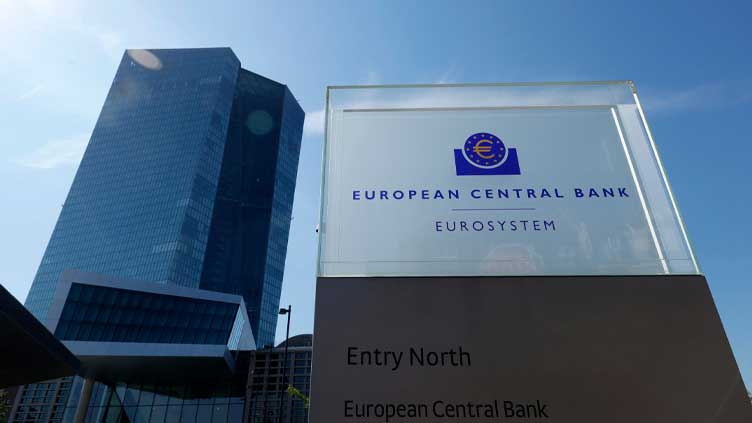ECB to slow intertest rate hikes and lay out plans to drain cash

Business
ECB to slow intertest rate hikes and lay out plans to drain cash
FRANKFURT (Reuters) - The European Central Bank is set to raise interest rates for a fourth straight time on Thursday, albeit probably by a smaller increment, and lay out plans to drain cash from the financial system as it fights runaway inflation.
The ECB has been raising rates at an unprecedented pace to rein in prices that are soaring across the 19 countries that use the euro, driven by surging fuel costs since Russia invaded Ukraine, and by the reopening of the economy after the COVID-19 pandemic.
The central bank for the euro zone raised the interest it pays on bank deposits from -0.5% to 1.5% in just three months, reversing a decade of ultra-easy money after being caught wrong-footed by the sudden rise in prices.
But this brisk tightening cycle was likely to slow down at the Dec. 15 policy meeting as inflation showed signs of peaking and a recession loomed.
The ECB was seen raising interest rates by half a percentage point this week after two 75-basis-point hikes in its two previous gatherings, mirroring the U.S. Federal Reserve s own change of pace on Wednesday. read more
But like the Fed, the ECB was also expected to flag further hikes ahead to persuade investors that it is still serious about fighting inflation, which could stay above its 2% target through 2025.
"We think the (ECB s Governing) Council will be at pains to stress that the downshift should not be confused with an imminent end to the hiking cycle," analysts at BNP Paribas wrote in a note to clients.
Economists polled by Reuters expected the ECB to raise the rate it pays on bank deposits to 2% on Thursday before pushing it to 2.5% by March and 2.75% by June.
The ECB was also due to lay out plans to stop replacing maturing bonds in its 5 trillion-euro portfolio, reversing years of debt purchases that have turned the central bank into the biggest creditor of many euro zone governments.
The move, which mops up liquidity from the financial system, is designed to let long-term borrowing costs rise and follows a similar step by the Fed earlier this year.
The ECB will announce its policy decisions at 1315 GMT, followed by a news conference of President Christine Lagarde at 1345 GMT.

